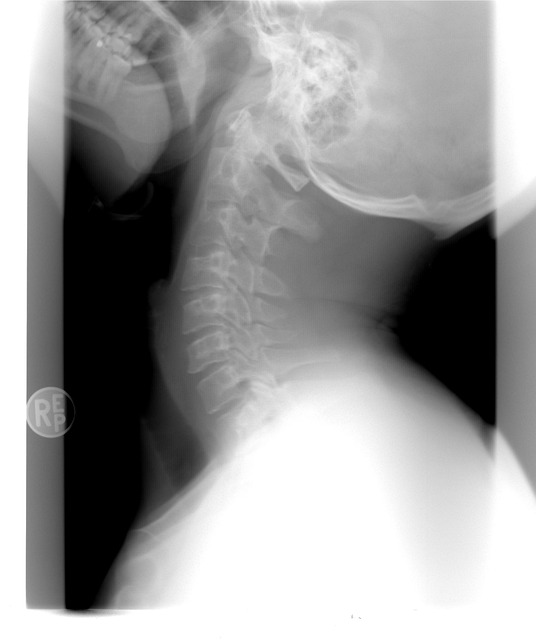Spinal injuries have the potential to significantly disrupt the body’s internal clocks. When the spine is damaged, the delicate network of cells and tissues that help the body keep track of time can be thrown off, leading to medical problems and psychological issues that can last long after the injury has healed.
What Causes Spine Injuries?
Spine injuries can be caused by many different types of trauma, such as car accidents, sports injuries and birth defects. The type of injury and the severity will depend on the amount of force applied and the speed at which the trauma occurred. Some injuries may be caused by long-term wear and tear on the spine, as is common in elderly individuals or those with degenerative illnesses.
Mechanical Wear and Tear
Mechanical wear and tear on the spine can occur over long periods of time due to poor posture, lack of exercise and limited activity. When the spine is subjected to prolonged stress, discs can become herniated, the spinal cord can become compressed, and ligaments and muscles can become strained. This type of spine injury is more common in elderly individuals and those who spend a large amount of time sitting or not engaging in regular physical activity.
Traumatic Injury
Traumatic injury can occur suddenly as a result of a traumatic event. Car accidents, falls, sports injuries and weapons injuries can all cause spine injury. The force applied and the speed of the impact can determine the extent of the injury. High-speed collisions are typically more damaging than those that occur at slower speeds.
How Does Spine Injury Impact Internal Body Clocks?
When the spine is damaged, the delicate network of cells and tissues that help the body keep track of time can be disrupted. Without the proper signals being sent and received, the body can become confused and time can become distorted. This can cause symptoms such as difficulty sleeping, fatigue, and confusion.
Sleep Cycles
One of the most common symptoms of a disrupted internal body clock is difficulty sleeping. Sleep cycles can be thrown off when the nervous system is no longer sending the signals the body needs to regulate the sleep-wake cycle. As a result, individuals with spine injury may experience insomnia, excessive daytime sleepiness and disturbed sleep.
Hormonal Function
Hormonal imbalance can also be caused by a disrupted internal body clock. Hormones like melatonin help to regulate the sleep-wake cycle, as well as other bodily functions. When the body’s internal clock is disrupted, these hormones can become unbalanced, leading to a variety of symptoms such as depression, anxiety, and difficulty concentrating.
People Also Ask
What Happens When Your Internal Body Clock Is Disrupted?
When your internal body clock is disrupted, it can cause a variety of symptoms such as insomnia, fatigue, hormonal imbalances, and difficulty concentrating.
What Causes Internal Clock Disruption?
Internal clock disruption can be caused by a variety of things, such as jet lag, sleep deprivation, or night-shift work. Spinal injuries can also disrupt the internal body clock.
How Can You Reset Your Internal Body Clock?
You can reset your internal body clock by establishing a regular sleep schedule, minimizing disruption to your circadian rhythms, and avoiding light exposure at night.
What Are the Long-Term Effects of a Disrupted Internal Body Clock?
Long-term effects of a disrupted internal body clock can include difficulty sleeping, cognitive impairments, and increased risk for mental health issues such as depression and anxiety.
Final Words
Spinal injuries can have a high impact on a person’s internal body clock, leading to a variety of complications that can affect a person’s physical, mental, and emotional well-being. While some of the effects may be temporary, others can linger for months or years after the injury. It’s important for individuals with spinal injuries to be aware of how their injury could impact their body clock, and to take steps to minimize disruption to their internal clock.

